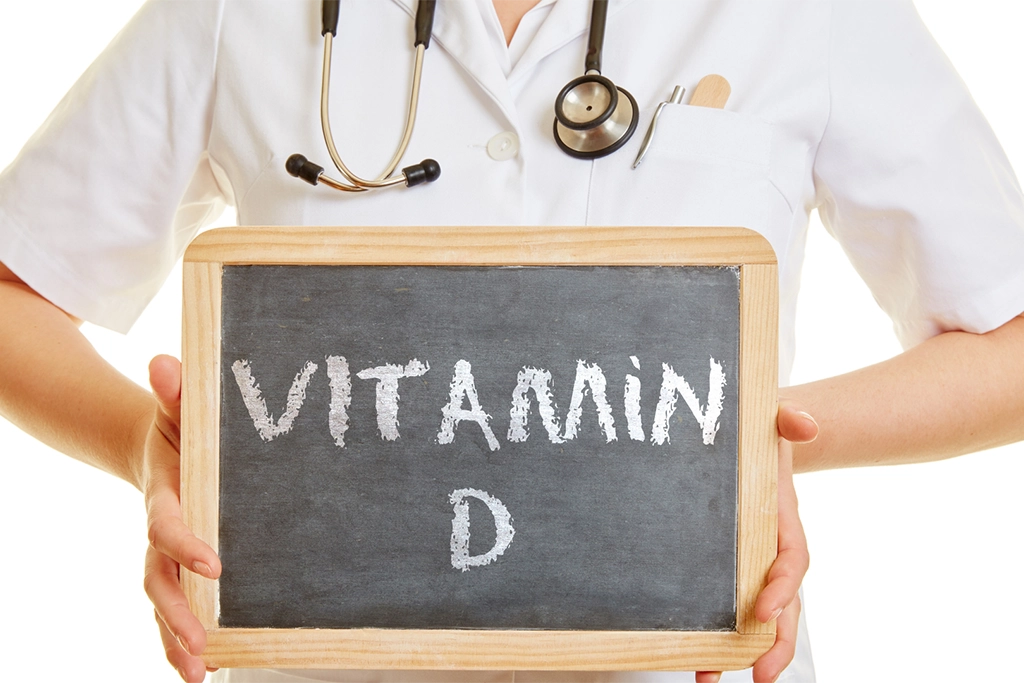Tips to Improve Sleep. Getting a good night’s sleep is extremely important, as it’s the time when our bodies rest, recharge, relax, and repair any damage that’s been caused by inflammation, stress, or any other outside factor.
Unfortunately, most people are living in a state of chronic sleep deprivation, which is known to potentially cause a plethora of health complications. Studies show increased chances of cardiovascular dysfunctions, hormonal disbalance, obesity, metabolic issues, diabetes type 2, and impairment of cognitive functions. These studies also link insufficient sleep to an increase in vehicular accidents as reaction time and focus aren’t in optimal ranges.
Focusing on improving your sleeping habits and creating a healthy sleeping routine is crucial if you want to improve your health and wellbeing. Here are ten tips to help you out.




